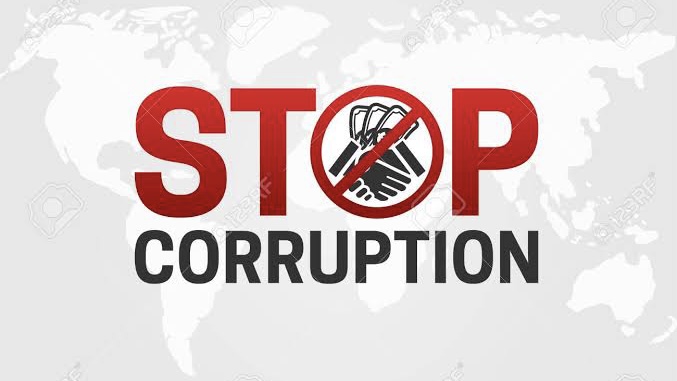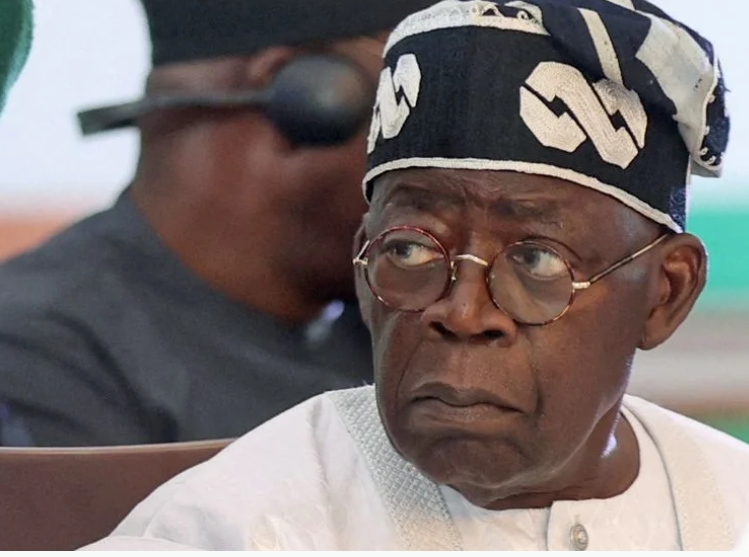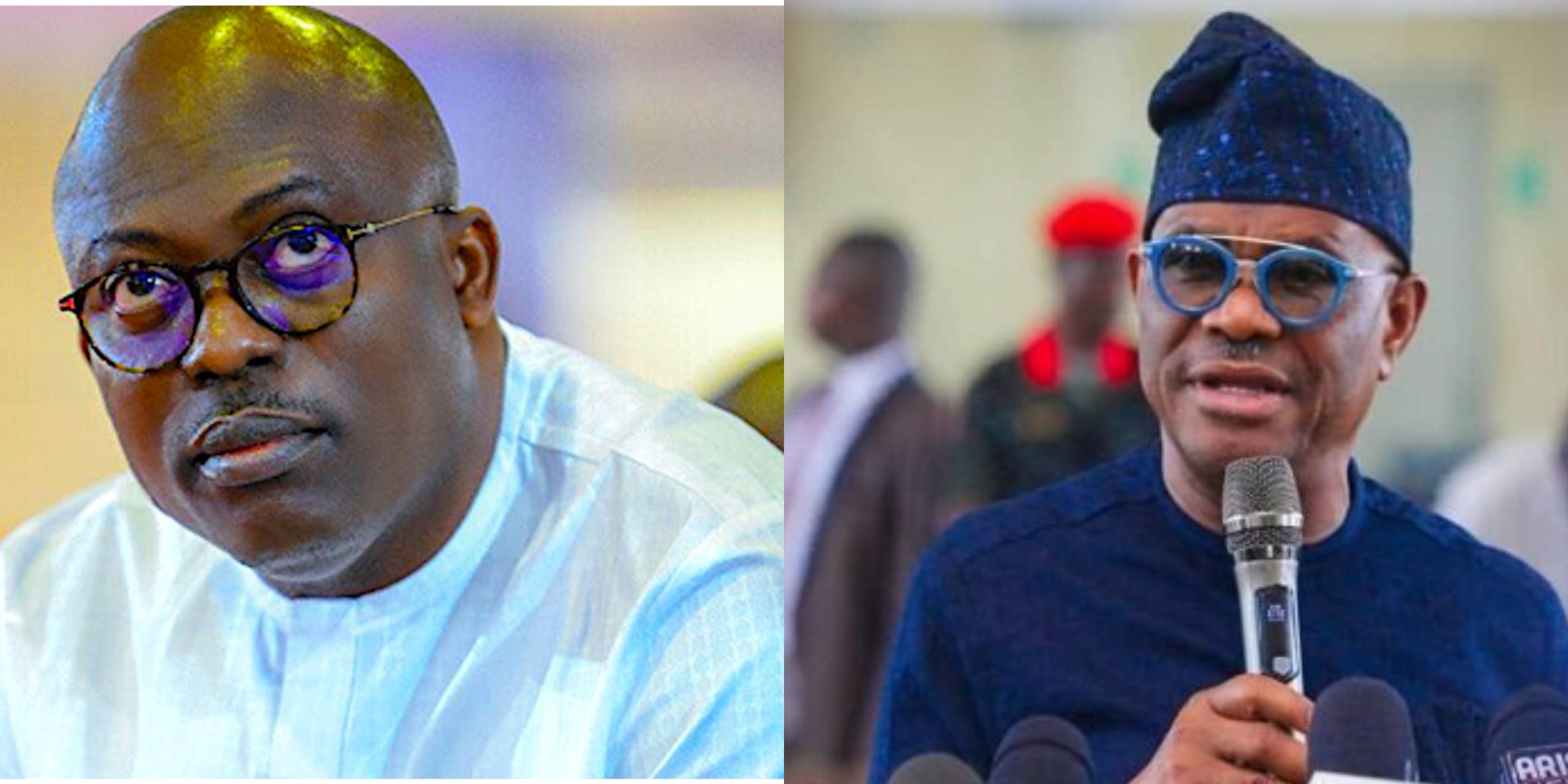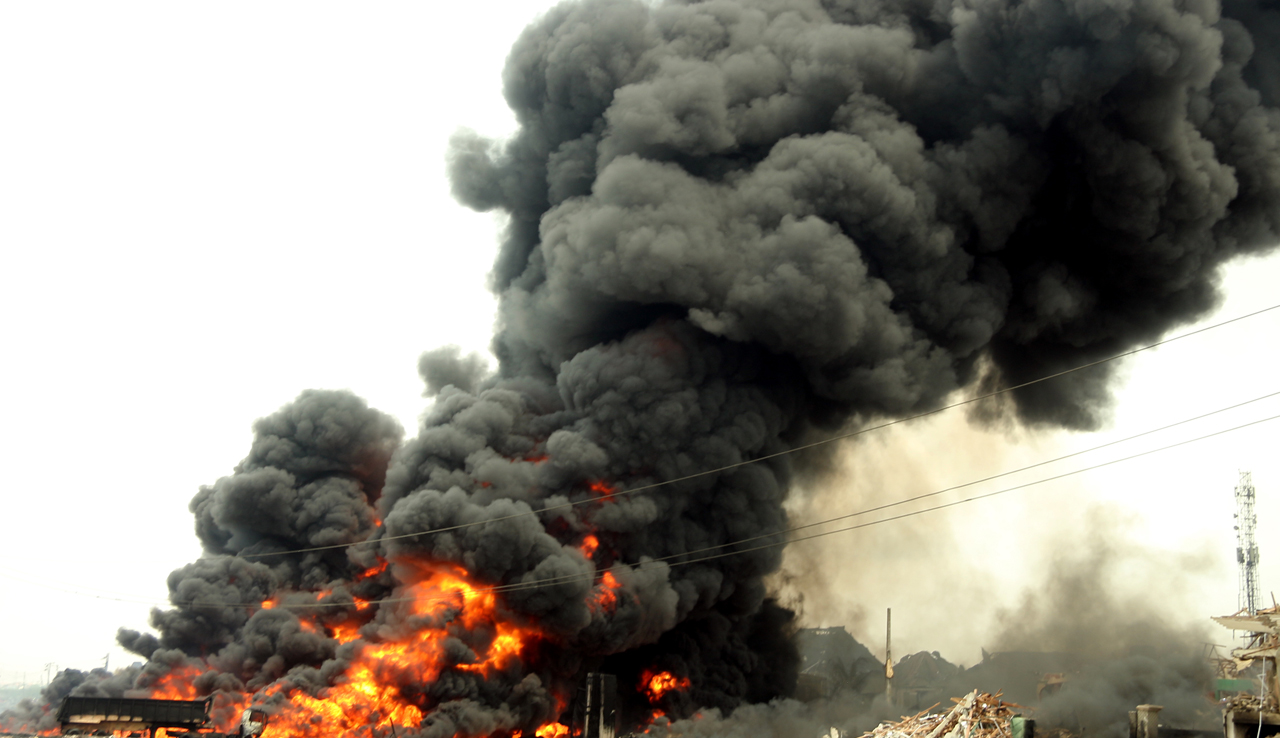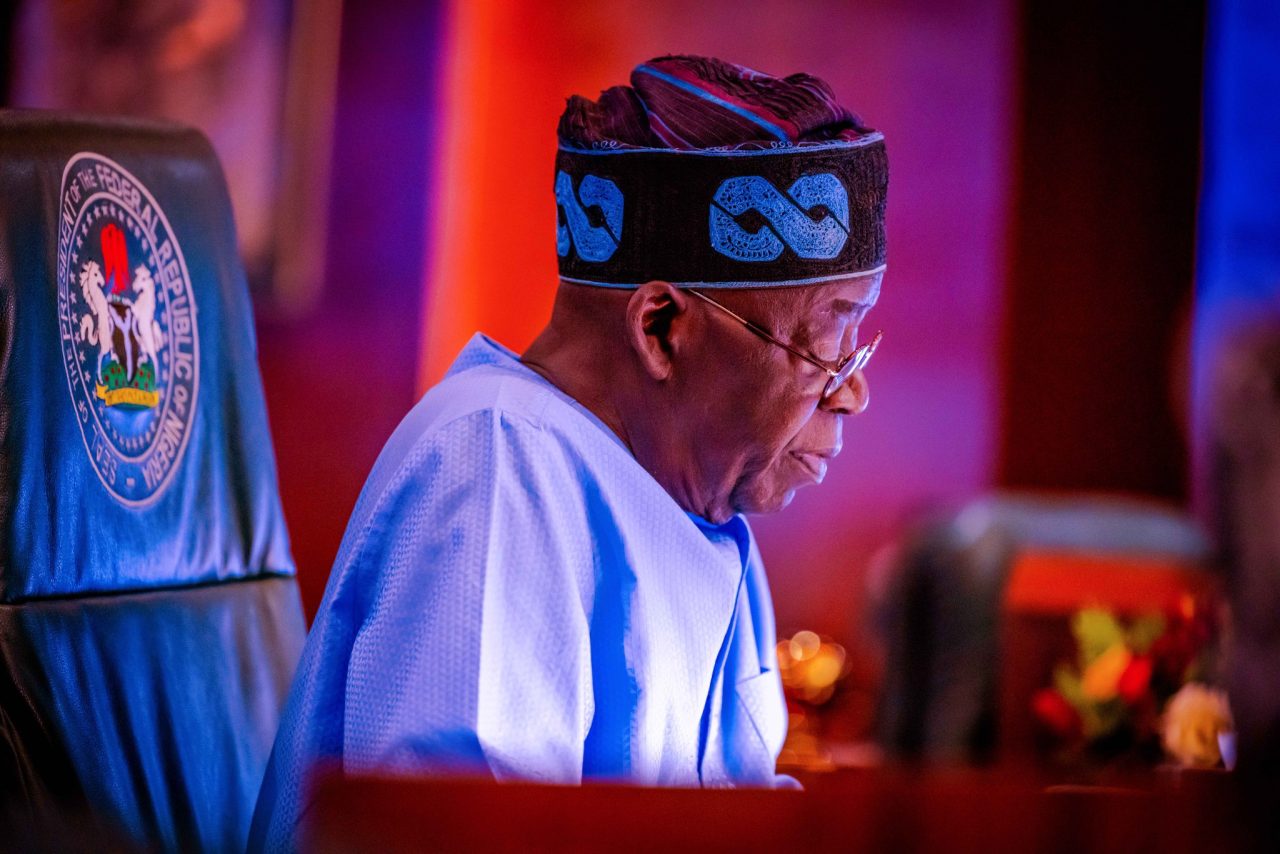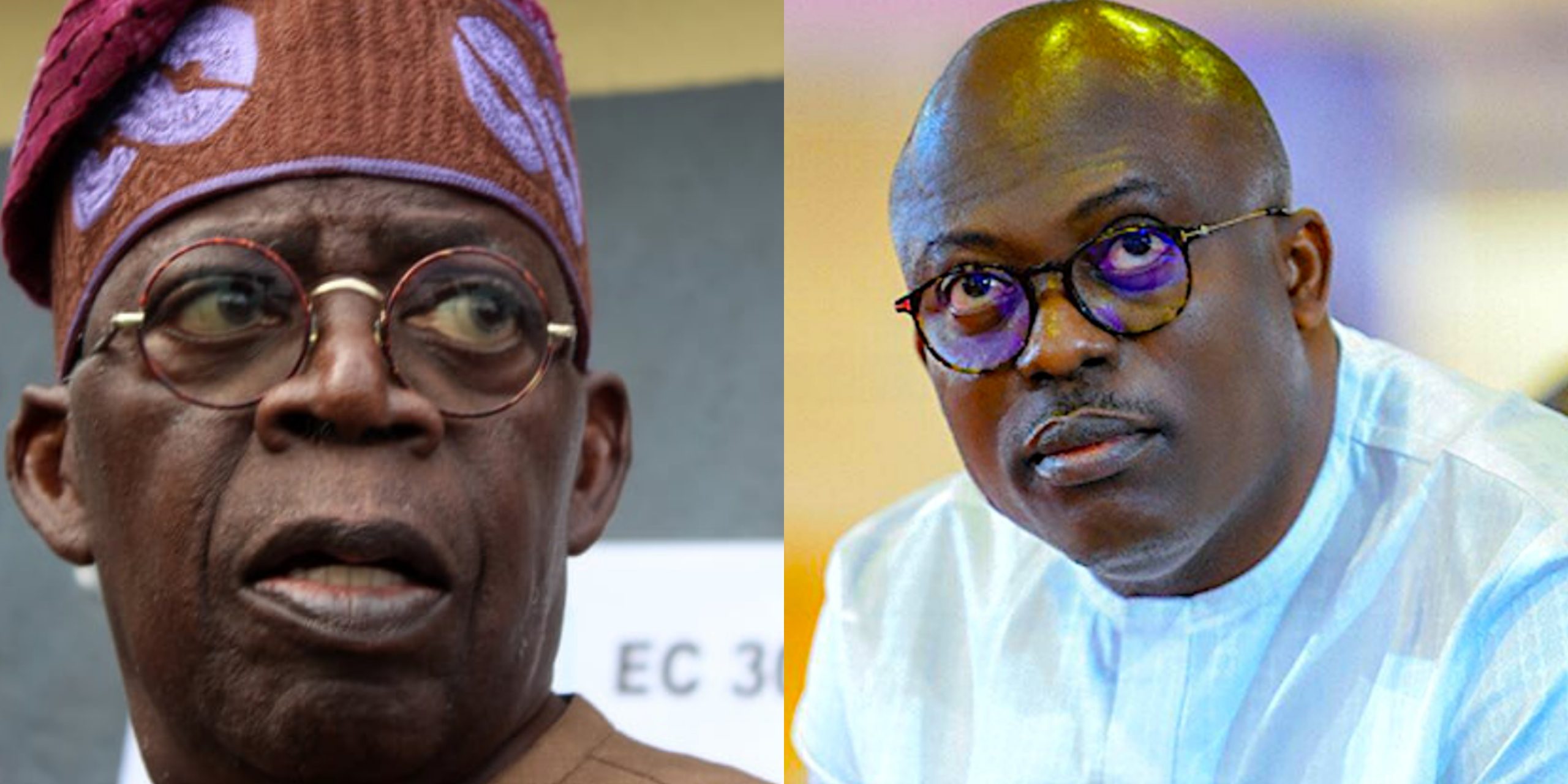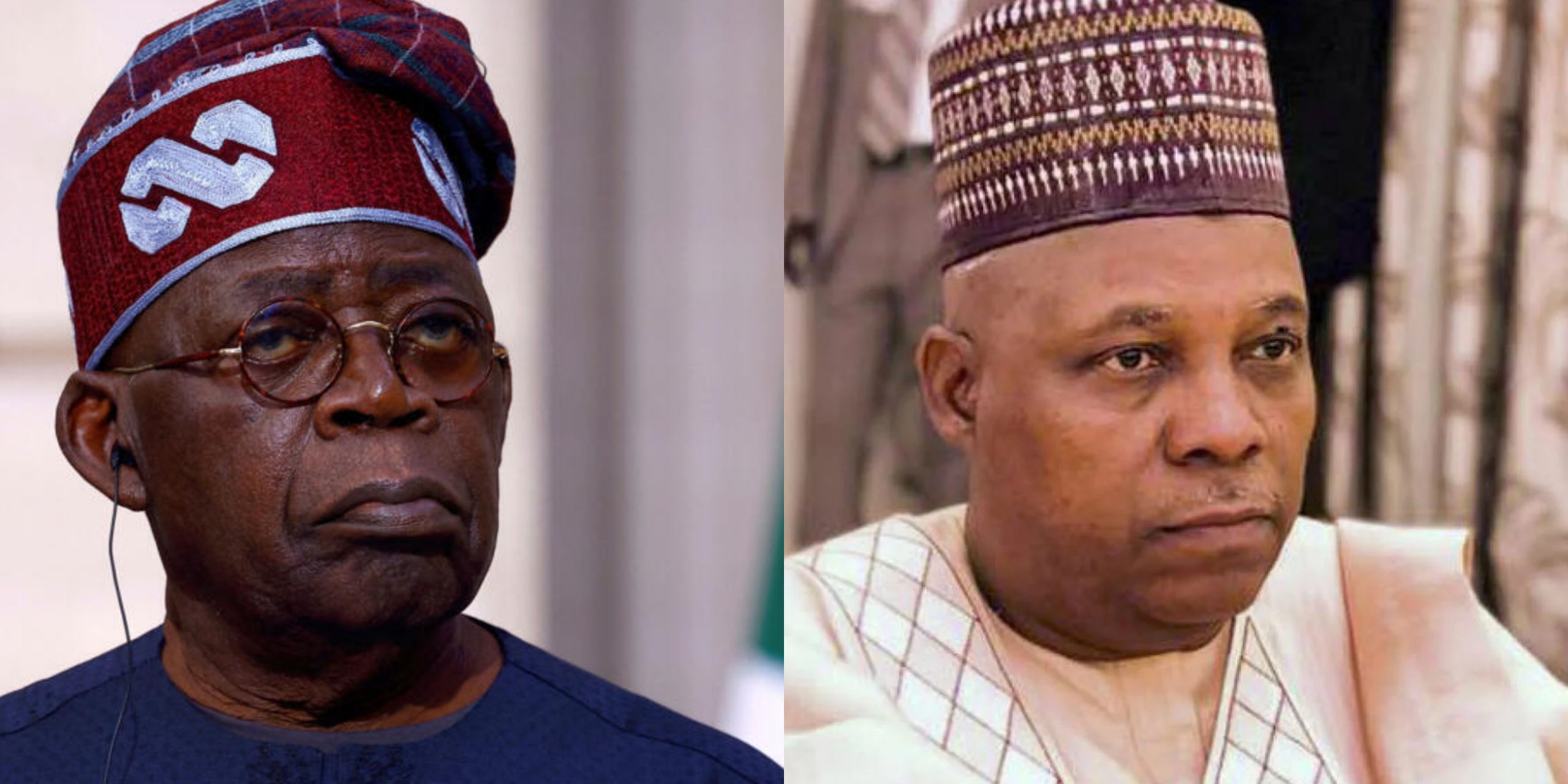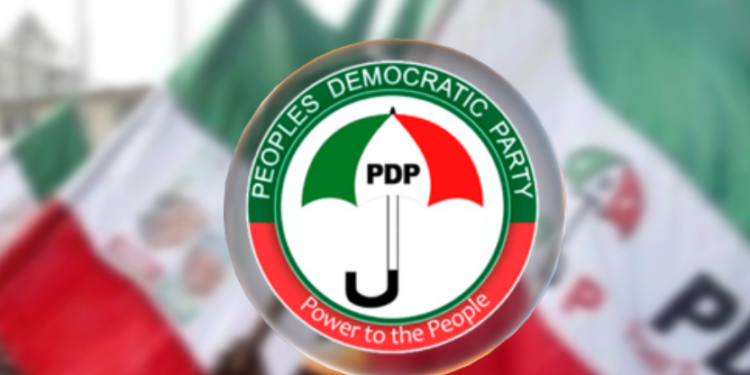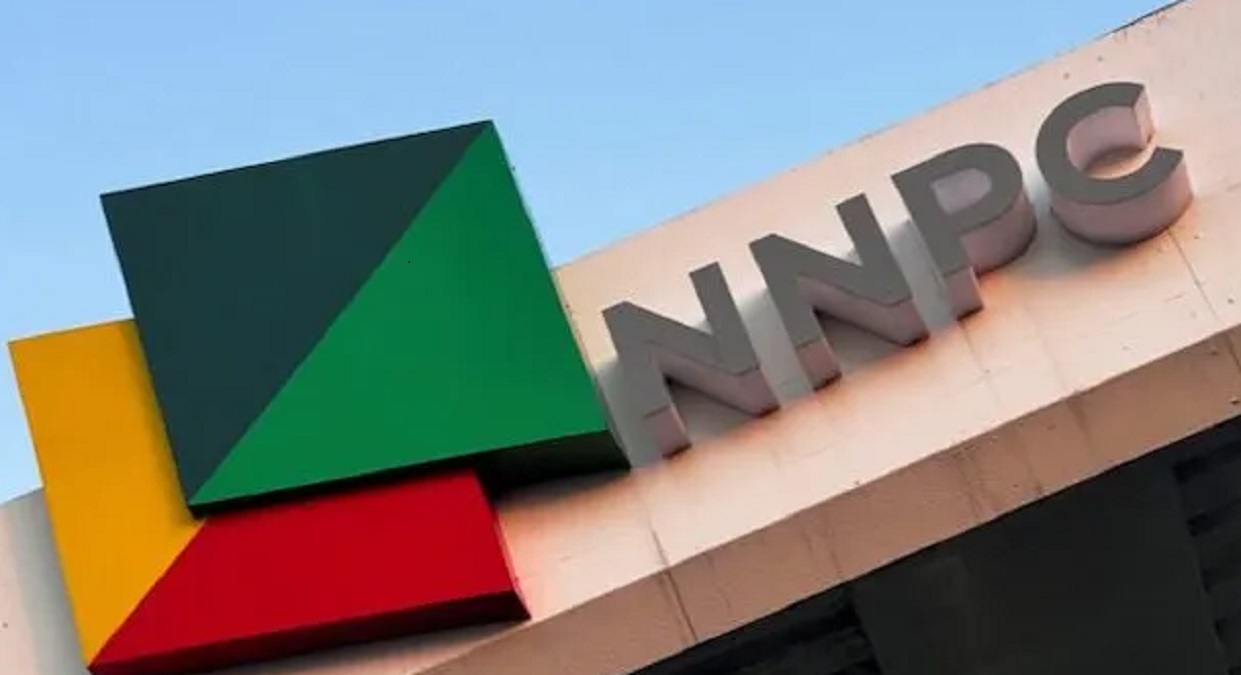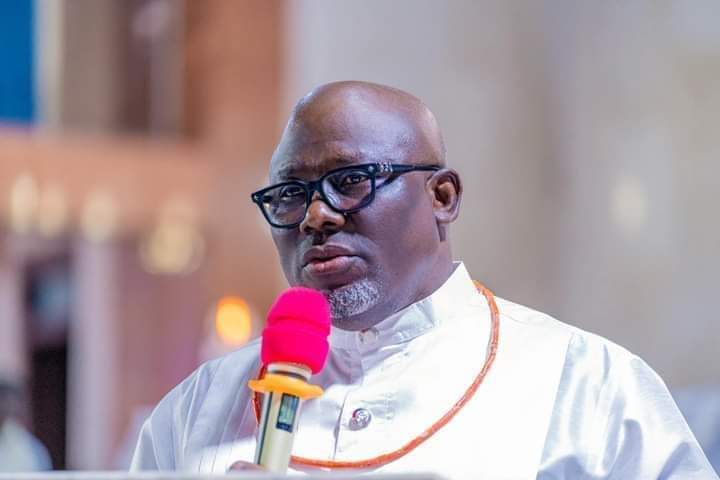A coalition of Civil Society Organizations (CSOs) in Nigeria, comprising about 40 groups, has stated that judicial corruption in Nigeria is a hindrance to tackling corruption.
While speaking at a press briefing in Abuja on Thursday, the CSOs decried the various ways the anti-corruption fight had been stalled or hindered, including corruption enablers in Nigeria, the procurement of political power, inadequate budgetary allocation, misinformation on the anti-corruption effort, recruitment of youth for cybercrime, and the undermining of subnational anti-corruption institutions.
While reading the joint statement from the CSOs, the Executive Director of Civil Society Legislative Advocacy Centre (CISLAC), Auwal Rafsanjani, said,
“Judicial corruption constitutes a major challenge to anti-corruption work in Nigeria.The looters have repeatedly used their influence to manipulate the judicial process and system, to block arrest or prosecution or to either dismiss or delay indefinitely the cases leveled against them.This blatant disregard for the rule of law has eroded public trust and reinforced the perception that Nigeria’s democracy is nothing more than a facade. The judiciary in Nigeria has not lived up to its enormous and important responsibility of protecting the common man and ensuring that the rule of law and provisions of the constitution are upheld. There have been several allegations of judicial officers, especially judges, receiving bribes from politicians and politically exposed persons in order to circumvent the law and court judgments in their favor. This has watered down the respect, trust, and confidence of citizens in the judiciary and negatively impacted the fight against corruption. To buttress this further, Nigerians have witnessed situations where courts have granted injunctions that deterred anti-corruption agencies from inviting and prosecuting corrupt government officials and politically exposed persons. Some immediate past officials have gone to secure injunctions from the court to permanently stay away from investigation.”
He added,
“It is unfortunate to see people with corruption cases and corruption allegations being appointed by the President to handle various positions of authority. Some of such people have been elected and re-elected into office as well. Many serving lawmakers and ministers have corruption allegations against them. This is tarnishing the image of Nigeria both locally and internationally, frustrating the efforts of the anti-graft agencies, and defeating the essence of political transparency and accountability. Again, lack of transparency in the allocation of resources has resulted in widespread inequality and a growing divide between the rich and the poor. Furthermore, the absence of accountability among those in power has led to a culture of impunity, where politicians engage in corrupt practices without fear of consequences. This has eroded public trust in the government and undermined the legitimacy of the democratic process.”
Speaking on the recommendations from the CSOs on how the situation could be remedied, the coordinator of African Centre for Media & Information Literacy, Chido Onumah, urged the ruling party to rid itself of corrupt elements.
He said,
“We urge the ruling All-Progressive Party (APC) and other political parties to take decisive action in purging their ranks by rejecting association with corrupt politicians who are currently being investigated by anti-corruption agencies. This can be achieved by suspending all members tainted by corruption allegations and ensuring they are held accountable before the law.”
He further emphasized the need to abide by the rule of law and increase allocation for the anti-corruption fight.
“To truly establish a flourishing democracy, transparency and accountability must be strictly adhered to in governance. This requires holding politicians accountable for their actions and inactions, strengthening institutions to combat corruption, and ensuring that the allocation of resources is done in a fair and equitable manner. Adequate resource allocation to the Anti-corruption Agencies has become imperative to uphold their independence and enhance efficiency in the anti-corruption process,” he said.
He added, “Religious leaders have a unique platform to influence their followers and promote ethical behavior. They can use their sermons, teachings, and religious texts to emphasize the importance of honesty, transparency, and accountability in all aspects of life.”
The CSOs have expressed a commitment to performing the functions of a watchdog and accountability partners to ensure the government carries out its duties while encouraging citizens to play their parts.

